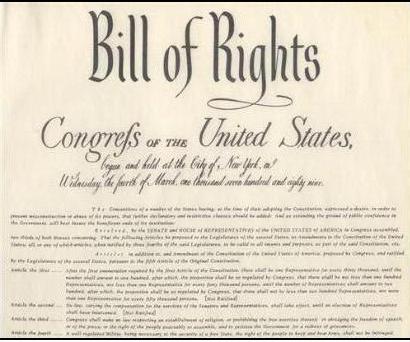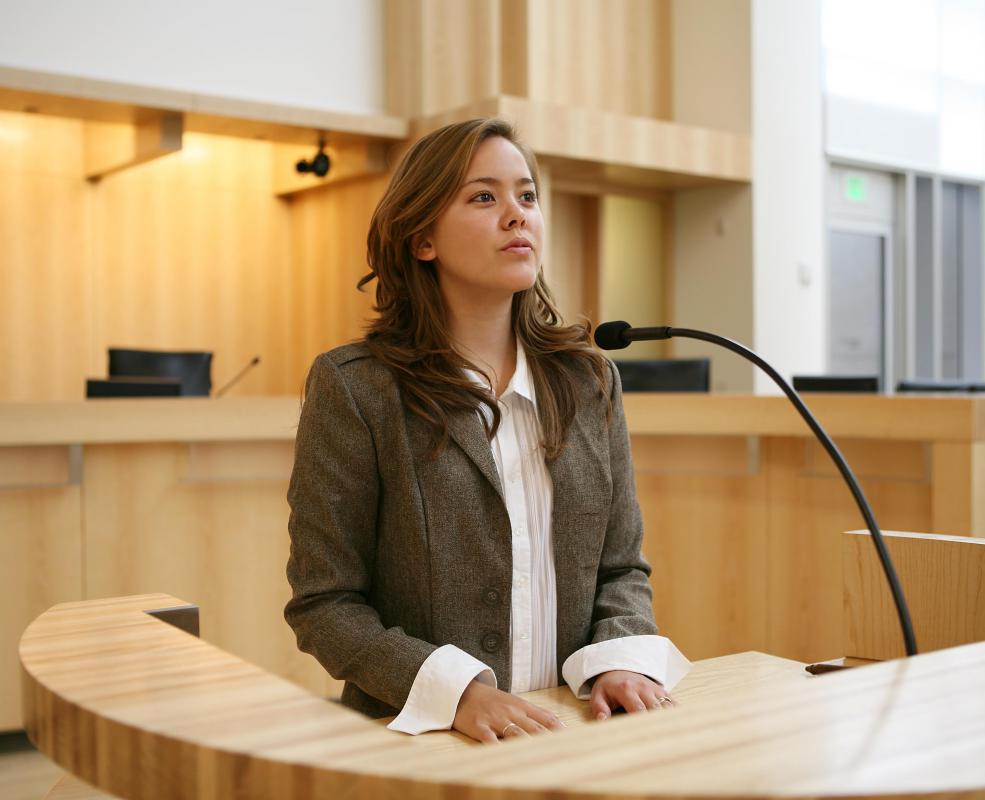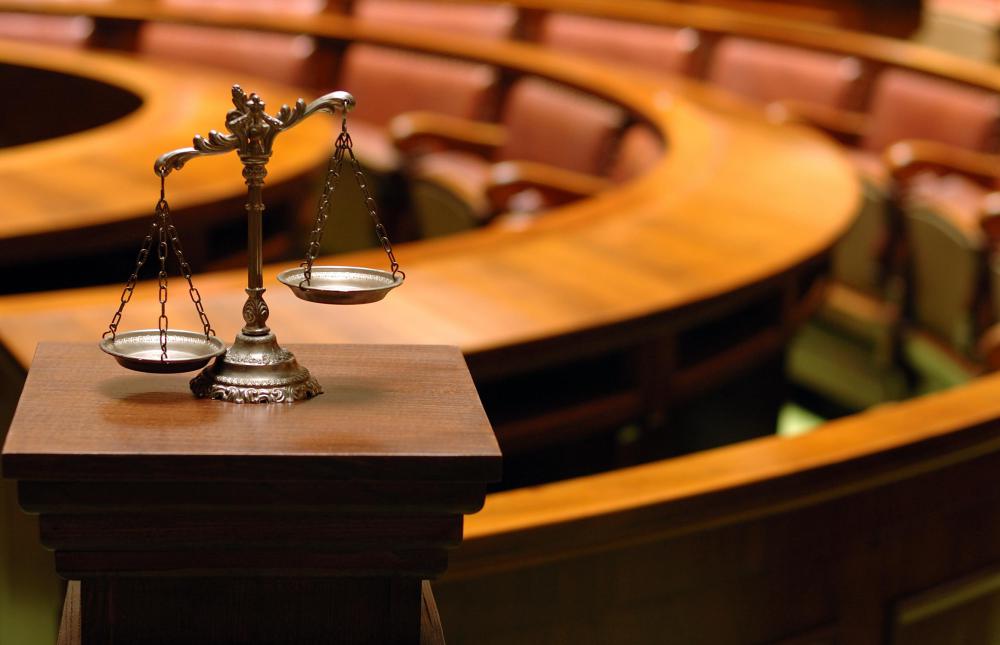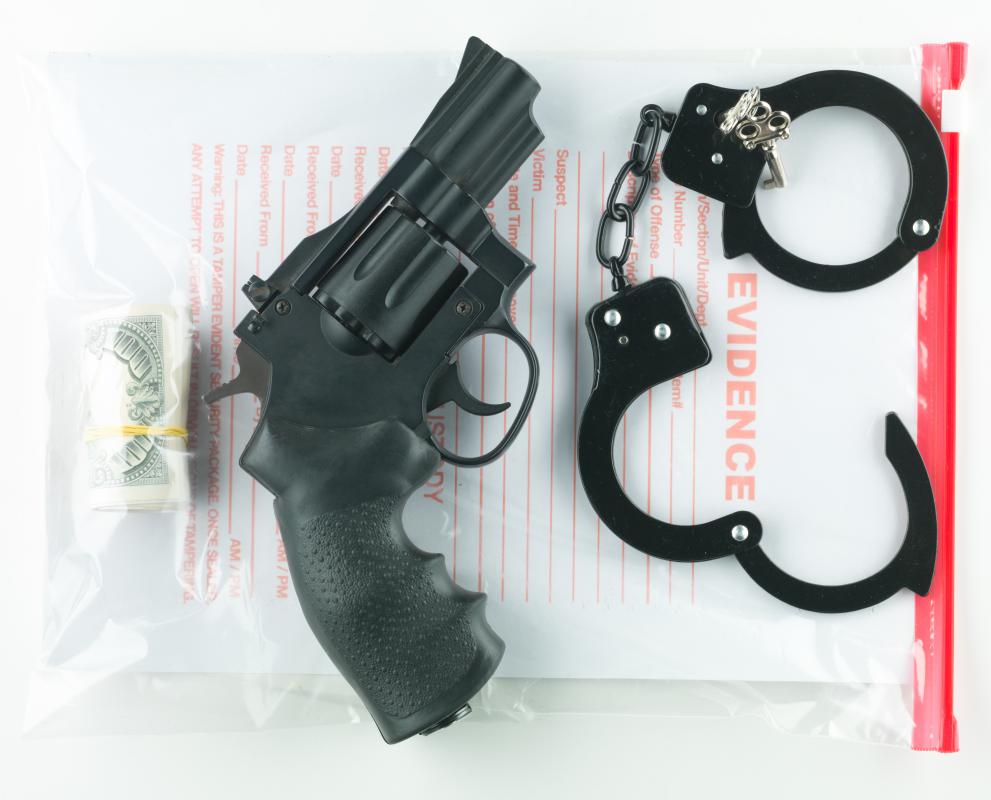At WiseGEEK, we're committed to delivering accurate, trustworthy information. Our expert-authored content is rigorously fact-checked and sourced from credible authorities. Discover how we uphold the highest standards in providing you with reliable knowledge.
What is a Grand Jury?
In the US, grand jury deliberates whether or not a case, usually involving a crime above the misdemeanor level, has enough merit to warrant a trial. The jury is made up of ordinary citizens, and it is not uniformly employed in all states. However, the US government requires all cases where federal laws have been broken to first be argued before a grand jury in order to determine viability of the case.
When the grand jury, usually made up of between 16 to 20 people, finds that evidence is sufficient for a case to proceed, it issues indictments. An indictment is essentially a formal statement that someone has been accused of a crime and must stand trial.

This type of jury is supposed to be a check to the prosecutorial system, so that prosecutors cannot charge people with crimes for which little evidence exists. Actually, most evidence suggests that grand jury proceedings tend to almost always follow the recommendations of the prosecutors. Many feel the process is not adequate for providing balance in the legal system, especially since those suspected of a crime must appear before the jury without legal counsel.

To this end, many states have now abolished the grand jury system and instead have pre-trial hearings to determine whether a case has merit enough to proceed. In fact, less than half of the US states now have state grand juries. For federal crimes, and as established by the Fifth Amendment of the Constitution, the grand jury must hear evidence prior to a person being indicted for a grievous crime.

Britain had the first recorded grand jury proceeding in 1166. At present, the United Kingdom, Australia, Canada, and New Zealand no longer have grand juries, though they once all employed them. In the US, both federal and state grand juries can be chosen from the same lists, which create juries for jury trials. Juries in a standard trial are called petit juries, as opposed to the grand or larger jury.

Unlike serving in a regular jury trial, most grand jurists serve for a year. Pay for this position is minimal. For example, a grand jurist in Los Angeles is paid $25 US dollars (USD) per day. However, because the jurist is not even paid a living wage, it is much easier to decline serving on this jury, because a year’s service in Los Angeles might create significant financial hardship. Some citizens actually may volunteer for the position.

Some states also empower a civil grand jury in various counties. This jury may hear testimony regarding civil, rather than criminal cases. It may have investigatory powers as well, and may act as a watchdog agency over the government, investigating the actions of any government agency. The jury hears complaints from citizens and may convene, order, and publish material on investigations.
AS FEATURED ON:
AS FEATURED ON:















Discussion Comments
Sunny27- While I agree that a defendant should have legal representation at a grand jury proceeding, I disagree with your assumption that Michael Jackson may have been spared a jury trial. While the jury found him not guilty, some of the evidence presented at the case made me wonder.
He could have been vindicated because the evidence was not strong enough to convict him, but I am sure there had to be some valid evidence to take on a superstar like Michael Jackson. Maybe his celebrity had a role in his acquittal.
Great article- I just want to add that I agree that the grand jury tends to favor the prosecutor. They almost always offer an indictment, yet when the jury trial unfolds and the defendant has access to a lawyer, the defendant is usually found not guilty.
That’s what happened in the Michael Jackson case. The grand jury in Santa Barbara indicted him, but the regular jury for his trial vindicated him. I do feel that the defense should have legal representation at grand jury proceedings.
Maybe if Michael Jackson would have been allowed to have an attorney present at the grand jury proceedings, there might not have been a trial.
Post your comments